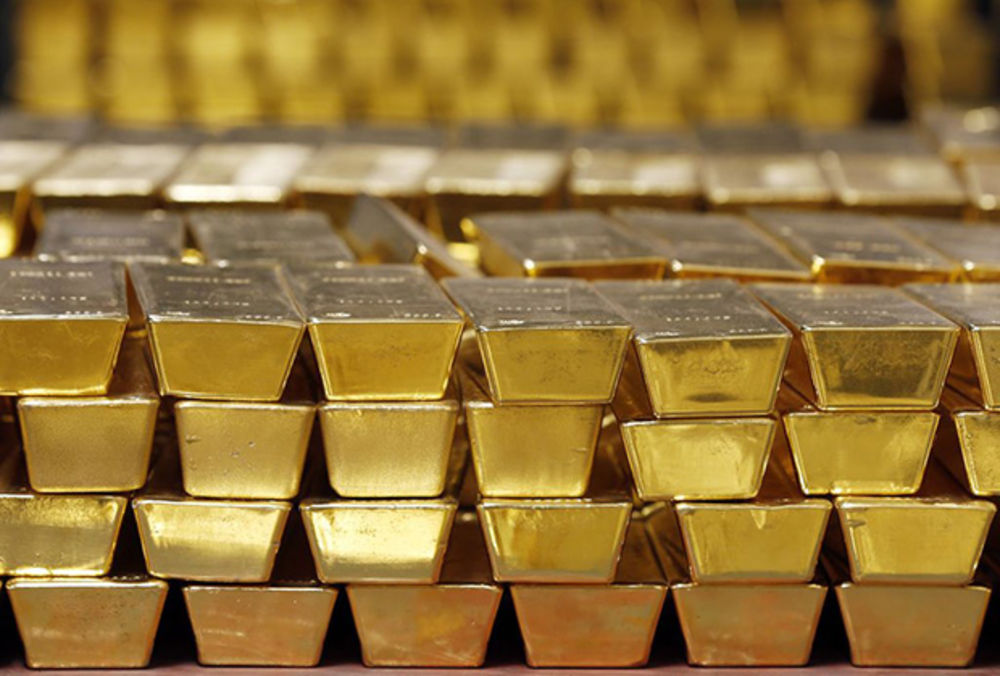Singapore increases gold reserves by 20%, first increase in holding in decades
Singapore increased its gold reserves by about 20 per cent earlier this year in a largely under-the-radar move that saw holdings expand for the first time in decades.
The purchases, which totaled about 26.3 tonnes, took place over May and June, according to data from the Monetary Authority of Singapore’s International Reserves and Foreign Currency Liquidity reports. The move came to wider prominence when it was picked up in the International Monetary Fund’s monthly update, which shows it was the first increase in figures dating back to 2000.

MAS didn’t disclose how much it paid for the bullion, but at today’s price that would be about US$1.5 billion. The authority didn’t immediately respond to an email seeking comment.
The central bank may have preferred to not draw attention to the amount of gold in its international reserves as this might encourage foreign-exchange markets to view the purchase as a move that strengthens the city-state’s reserve position and potentially put upward pressure on it’s exchange rate, according to a blog post by Ronan Manly, a precious metals analyst at Singapore dealer BullionStar.
DPA Note: Singapore had expended a huge amount of its reserve for pandemic reliefs. That influx of money had created inflationary pressure on Singapore’s economy as well as weakening the Singapore dollars slightly.
This major purchase of gold (20 percent is a lot) while could strengthen the reserve position as mentioned in the article, perhaps in a balancing act to counter balance the massive spending last year.
However, on the pessimistically speaking, this could also be a signal that Singapore is hedging itself for a potential economic calamity on a global scale. And this “signal” cannot be ignored.
In China, the real estate bubble seemed to had burst, economy is massively hit by a new “cultural revolution” by Xi Jinping and their trade war with Australia did not give them the bite that they expected – instead it broke their own back, reeling from the lack of good quality coal for their power plants – causing massive power outage.
In the United States, bad policies and decisions by the Biden administration is starting to take a toll on the country, with unprecedented inflation, supply chain disruptions, less than expected job numbers and a rising oil price that is threatening adding more inflation to the already high inflation.
Or… perhaps its nothing.

